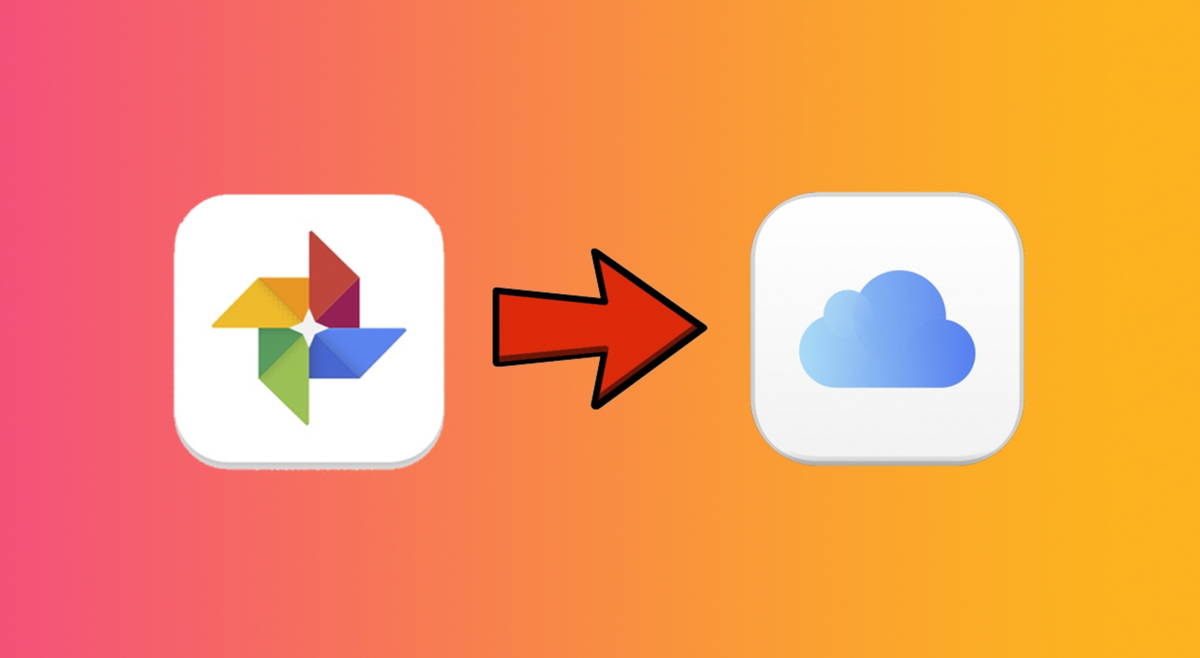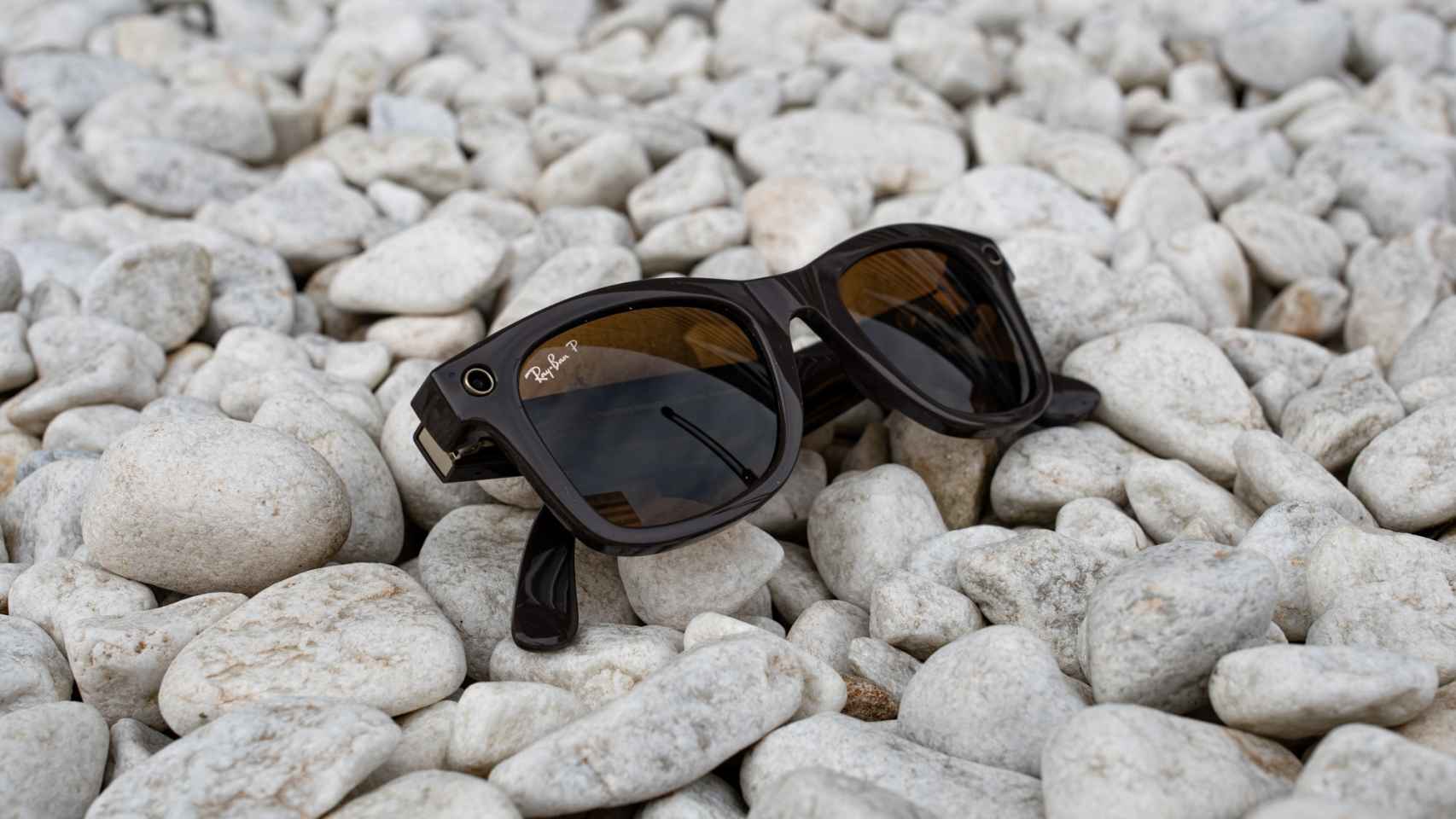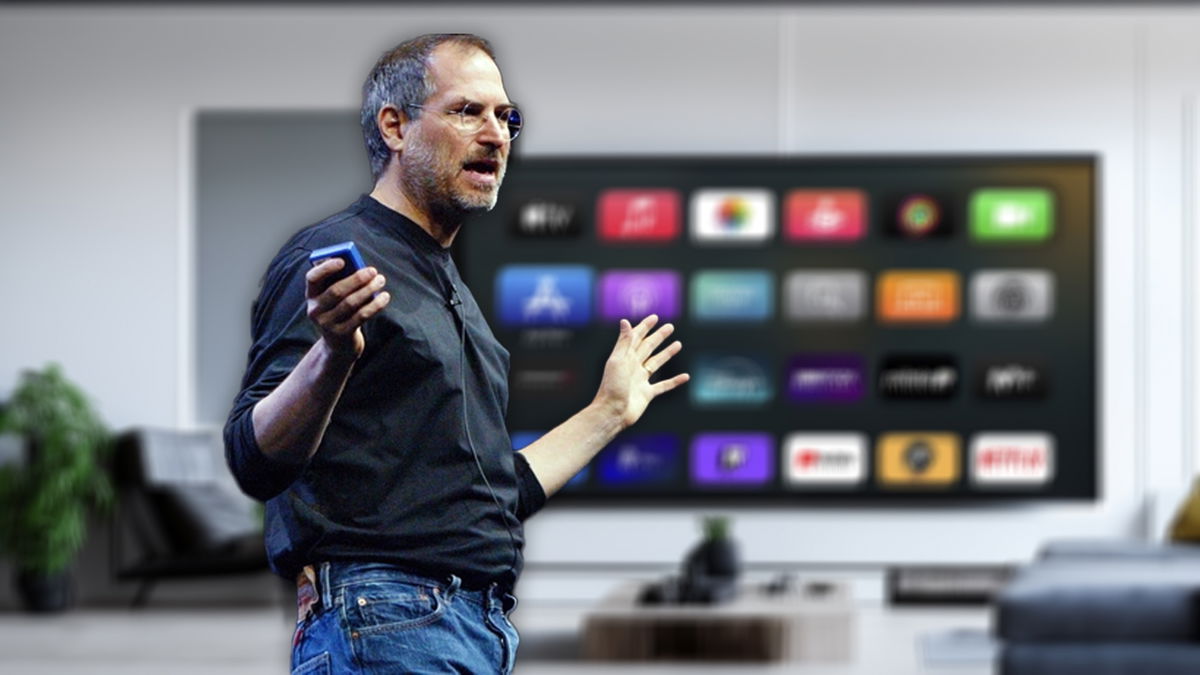Most Android phones these days come with bloatware and pre-installed apps. There are cell phones that have more and others that have less. Some apps are more useful than others, but ultimately they’re bloatware: apps that come pre-installed and that the user didn’t choose.
Normally when we have a brand new mobile phone the first thing we do is delete these applications, but Google has the key to keeping them away. And Android 14 has a feature that blocks bloatware. The bad news is that Its implementation depends on the same companies that install bloatware
Preloaded applications that only consume if we open them the first time
Android 14 has been with us for a few months now. Google’s new operating system follows its usual, slow installation process in some cases on all compatible phones and more and more are applying this update.
Samsung is one of the most dedicated companies, with many phones of all ranges updated to the latest version. However, new features of the system are still being discovered.
It was Mishaal Rahman, a well-known and very reliable source on Android, who detailed the Android 14 engine works to stop bloatware. And it seems that Android 14 has the function of scanning the system partitions when it is first run on the new mobile and any application not essential for the operation of the system will be stopped.
This does not mean that it will be uninstalled, but rather that it will be disabled until the user opens it for the first time. The main advantage is that they will not occupy RAM memory., but they also won’t drain other system resources like battery. However, this feature does not have all the cards on its side.
And Rahman assures that Google plans to activate this function by default, but will allow manufacturers to decide whether the system is applied or not. And that’s it, Manufacturers will have the option to enable this feature
It seems that the GMS package that Google recently delivered to manufacturers includes this system functionality, but with apps like Chrome, Play Store, Photos, Files, YouTube Music or Contacts on the whitelist so they are not blocked at startup.
We’ll see what happens, because, of course, it’s a good idea from Google and a way to combat bloatware, but ultimately the ball is in the court of the same brands that allow this bloatware.
More information | Android Authority
In Xataka Android | Has my phone been updated to Android 14? This website tells you
In Xataka Android | Three ways to save a photo that can only be seen once from WhatsApp, now that you can no longer take screenshots









